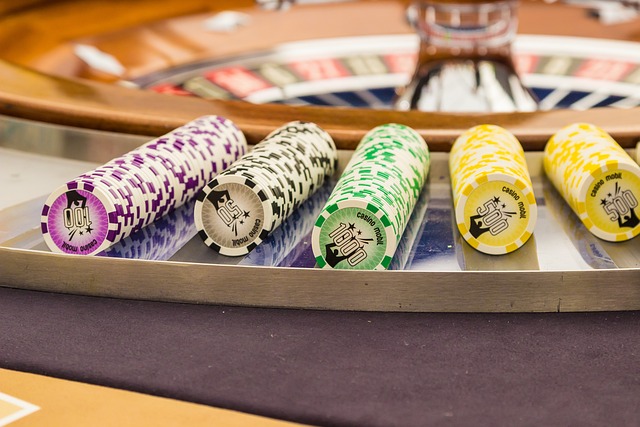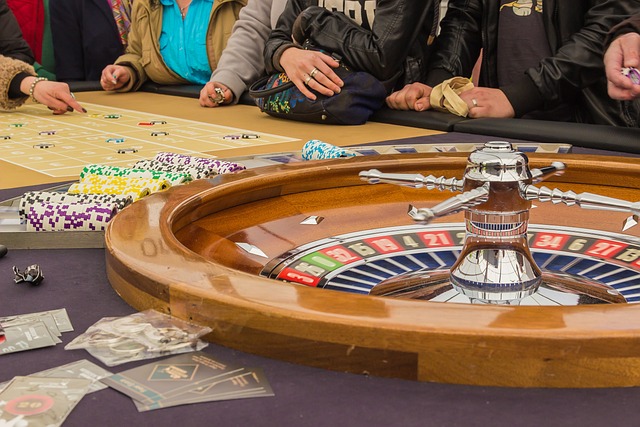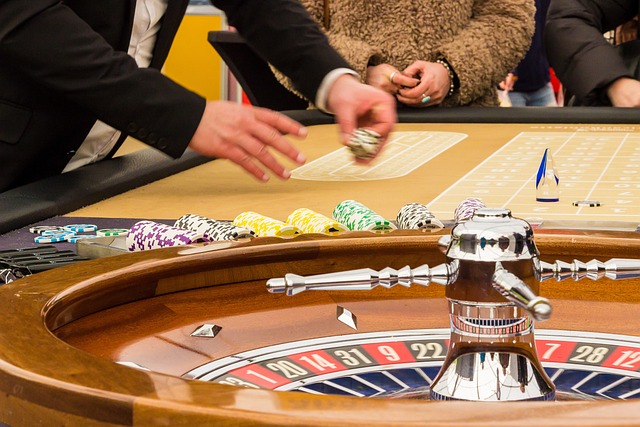Gambling can be an exciting and entertaining activity, offering the thrill of chance and the possibility of reward. But for some, the line between fun and dependency can blur. Casino addiction—whether online or in-person—can quickly spiral into financial trouble, emotional stress, and strained relationships. That’s why understanding how to gamble responsibly is essential for every player. Knowing your limits, recognizing red flags, and building healthy habits are key steps toward maintaining control and enjoying gaming as a positive experience.
Understanding Responsible Gambling
Responsible gambling means making informed decisions about how, when, and how much you gamble. It’s about balancing entertainment with control. This includes:
- Setting time and money limits
- Understanding the odds and house edge
- Accepting losses as part of the game
- Not gambling under stress or emotional distress
- Keeping gambling separate from financial goals
Responsible play allows you to enjoy the games without letting them interfere with other aspects of your life.
Recognizing the Signs of Casino Addiction
Casino addiction, often referred to as problem gambling, is a behavioral disorder where the urge to gamble becomes difficult to resist, even when it causes harm. Warning signs include:
- Gambling more money or time than planned
- Feeling irritable or anxious when not gambling
- Chasing losses with larger bets
- Lying to friends or family about gambling habits
- Using gambling to escape stress or depression
- Neglecting work, relationships, or personal health due to gambling
If you notice any of these symptoms in yourself or someone close to you, it’s important to take action early. Casino addiction is a serious condition, but it can be managed with the right support.
Set Clear Limits Before You Start

One of the most effective ways to avoid addiction is by setting boundaries before placing any bets. Decide in advance:
- How much you can afford to lose
- How much time you’ll spend gambling per session or week
- What games you’ll play, and when to stop
Stick to these limits no matter what. Many online casinos offer built-in tools to help—such as deposit caps, time alerts, and session limits—that can keep your gaming behavior in check.
Avoid Chasing Losses
Losing is part of gambling. The danger comes when you start betting more to win back what you’ve lost—a behavior known as chasing losses. This leads to:
- Bigger losses
- Frustration and impulsive decisions
- Financial pressure and emotional burnout
If you hit your loss limit, take it as a cue to walk away. Remember, each bet is independent—there’s no guarantee that your luck will “turn around.”
Take Regular Breaks and Monitor Your Mood
Gambling continuously for long periods increases emotional stress and reduces rational decision-making. To play responsibly:
- Take breaks at regular intervals
- Reflect on how you feel—are you calm, or frustrated?
- Don’t gamble if you’re tired, upset, or under the influence of alcohol or drugs
The best gambling decisions are made when you’re relaxed, alert, and in control.
Don’t Rely on Gambling as a Source of Income
Casinos are designed to favor the house in the long run. While big wins happen, most players lose more than they win over time. That’s why gambling should never be treated as:
- A way to pay bills
- A side hustle or investment
- A solution to financial problems
Treat any money spent gambling as the cost of entertainment, not a financial strategy.
Keep Gambling Separate from Other Areas of Life
To maintain healthy habits, gambling should be only one small part of your lifestyle. Avoid integrating it into your daily routine. Instead:
- Schedule gambling as an occasional activity
- Avoid using credit or borrowed money to place bets
- Focus on hobbies, work, family, and social time outside of gaming
A well-balanced life reduces the risk of addiction and gives you more perspective when gambling.
Use Self-Exclusion Tools if Needed

Most licensed casinos offer self-exclusion programs that allow players to voluntarily block themselves from accessing games for a specific period—days, weeks, or even permanently. You can also request:
- Deposit limits
- Time-out sessions
- Activity reports to monitor your play
If you find yourself struggling with control, these tools provide an important buffer against compulsive behavior.
Seek Help If Gambling Becomes a Problem
There’s no shame in asking for help. Gambling addiction is recognized as a real and treatable condition. If you or someone you know needs support, consider:
- Speaking to a mental health professional
- Contacting a gambling support organization or helpline
- Joining a support group, either online or in person
Recovery starts with acknowledgment. The sooner you seek help, the easier it becomes to regain balance and rebuild healthy habits.
Final Thoughts
Casino games can be fun and thrilling—but only when approached with awareness and self-control. Responsible gambling is about more than setting limits; it’s about maintaining emotional balance, understanding risk, and knowing when to stop.
By recognizing the signs of addiction, using available tools, and keeping gambling in perspective, you can enjoy the excitement of the casino without letting it take over your life. The key is simple: play for fun, not for need, and always prioritize your well-being above the next spin or hand.
